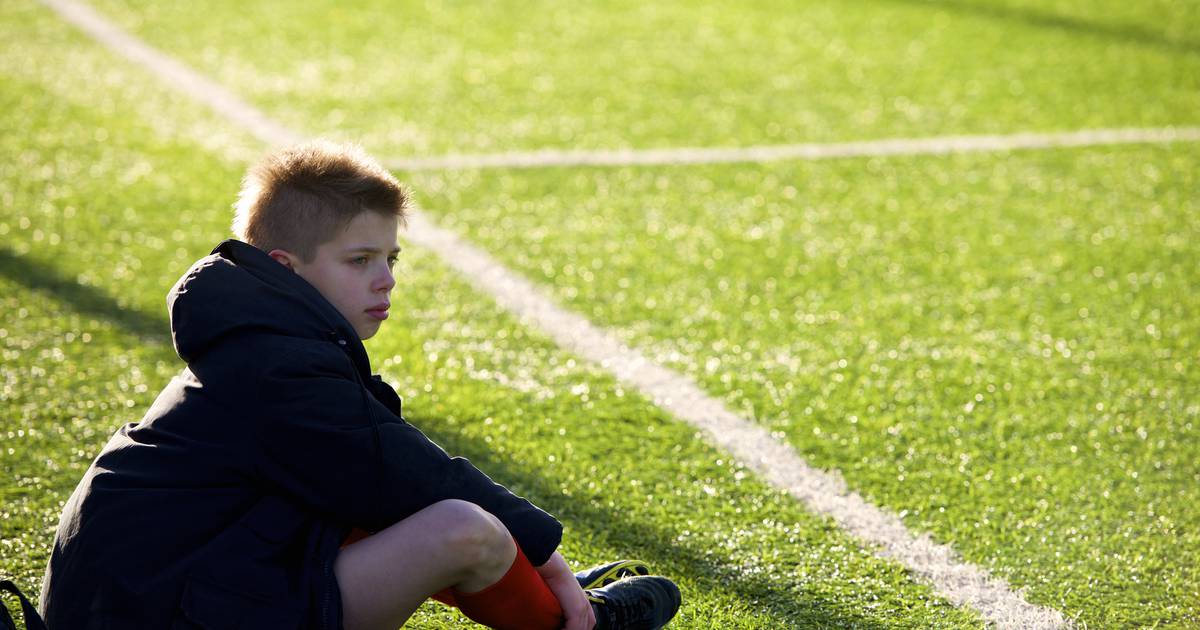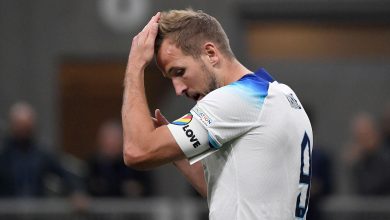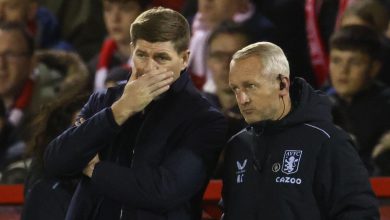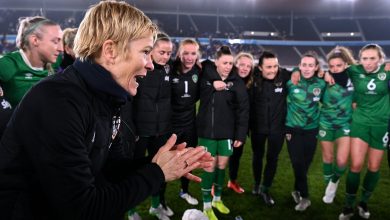The benefits of team sports for children are well known – improved physical fitness and coordination, opportunities to make new friends and learn to be part of a team. And, probably the biggest benefit – the fun.
But what about when team sports stop being fun?
Claire, a mom of four, says her son’s competitive GAA coaching has been devastating for her now-teenage son. “We nearly lost our boy to the sport, and our lives, to the small-mindedness of the men who needed the Under-12 victory to make them feel great,” he said. she.
Claire’s son has been playing hurling and Gaelic football with the local club since he started primary school. “Like many small Irish communities, the GAA is the center of village life, especially among the boys,” she says.
Claire drove her son to practice and games all season. But when his team was involved in a final, he “stayed away and was the only kid not played that day. He stood on the field to congratulate those who had played. He won a medal, but he never played.
“That night he vomited several times, not wanting to go to school the next day as the only player not to have had a turn. He fell asleep crying after writing a heartbreaking note telling how useless he was – how the boys on the team, coaches and mentors think he is… shit. He wrote that he was always left on the sidelines and rarely had a round.
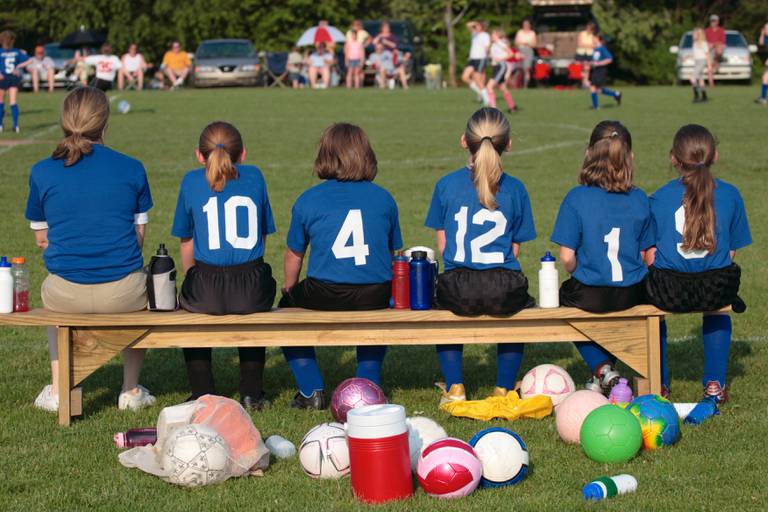
The following week, Claire’s son wanted to go to an under-12 game “in which all the boys in his class except him and one other boy were on the panel. On Saturday he trained again and on Sunday he took part in a challenge match and was called up to play the last 10 minutes. He came home and cried again.”
Claire says she understands that “coaches give up their free time to train and coach and they have a duty of care to the entire team. A win is important, which I get, but in a time of wellness and mental health awareness, I think the kid on the sidelines needs to be recognized.
Sarah describes her 12-year-old as “your star child for exclusion and sidelining from the GAA”. His son has been a member of their GAA club for over seven years, and his siblings are also involved with the club. Sarah’s husband tried to raise the issue of the ban with the club, but says it didn’t go over well.
“We really hoped he would be worried about John and want to make things better for him as a kid, not take it as a personal attack.” Sarah says she feels her son’s coach “sees no value in our son and has been trying to push him away for about a year.
“The sidelining, playing younger kids instead of a teammate who showed up to the game, and the blatant degradation of docile, quiet players in favor of ‘starter’ winners” are all things that Sarah says happened to her son.
“But nobody cares. At least not the GAA. ‘Fair play’ is not the case.
Mum-of-three Anne has seen exclusion on both sides – where one of her children has been excluded and left on the football sidelines, while another has been asked to join the team. an older child, despite children of the right age being available to play.
Anne says her middle child is a much stronger player than her older brother.
“The older one is going to train religiously every week and then when there are games…he’s not picked, or he’s left out. In some cases, we found out later. , not only was he not cast, but they actually had kids from the younger group play in his place because they obviously wanted to win. We were really angry about that.
“For the younger one who is really good, he was then asked to play for an older team, when we know there are players in that team who weren’t invited to play.”
Anne says her eldest “is very frustrated. He kind of realized that they really wanted to win the game and maybe I wouldn’t win the game for them. He justifies it a little in his head”.
“We are very disappointed with the football club,” says Anne. “My kid is there every week and he’s doing his best and he’s tried hard and I think he’s too young for that to happen. It’s happened all along with football. Personally, my husband and I would like him to quit football, he is now 12. This has been going on since he joined the club when he was 6 years old.
Shane Smith is an elementary school teacher and also works in coach education. He says there are two non-negotiable things for kids in sport – ‘no child should be a substitute every week’ and ‘every child should have the same playing time’.
“I would be of the view that clubs need to define their coaching philosophy and communicate it to coaches and club managers. A simple set of guidelines and principles that define the expectations of coaches on match day in relation to the equal playing time and inclusion of all children in that age group. Also for the club to define what success looks like. For example, does success win an under-11 league, or does success hold players back through the ages.
“Research tells us that kids aren’t motivated to play sports to win,” Smith says. “Among the motivating factors for kids to play sports are the social outlet that sports provide, the friends they make and they also enjoy getting better at a task…if kids don’t not having fun, in a positive environment that is not too competitive, we will invariably see a decline.
That’s not to say Smith is against the competition.
“Competition is healthy, once it’s healthy. It’s normal to win and it’s normal to lose. That’s life. It is the coaches who often need to set a good example of how winning or losing is perceived.
“But success for kids in sport can’t just be defined by winning Saturday’s game. Success could be putting on a pair of boots for one kid and scoring a goal for another. It could be kicking a ball for one child and saving a shot on goal for another.For shy and quiet children, success could simply be being part of a team and developing socially. We must never lose sight of that.”
Damien Byrne coaches boys and girls football teams with Peake Villa in Thurles, Co Tipperary. He says one of the big things for him is “making sure all the kids have fun”.
“Over the past two years it has been more difficult because we have a wider range of children and a wider range of abilities, but the principle is still the same. I would watch the start of a session, boys or girls, I would count…we would split up and make our plan based on those. Everyone participates in our warm-up. They all go around, everything is done in groups.
“Everyone knows that a child under 12 needs to have 50% playing time…whether you win or lose. It is difficult to convince managers, but we succeed in doing so.
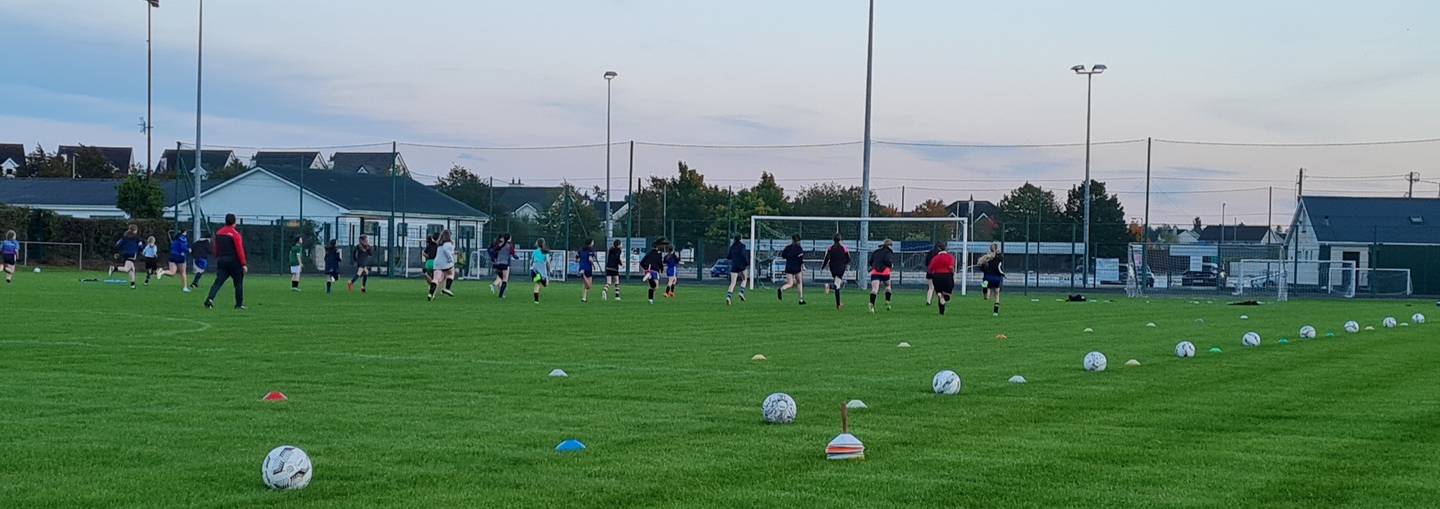
Byrne says he operates a system of rolling subs to make sure everyone has enough time. He also says he is beginning to reconcile the need to ensure players have a fair time, even if the change could negatively influence the score.
“Over the past couple of years I’ve started working with competitive teams, our women’s under-12 and under-14 teams, and I’ve had the opportunity where ‘should I make that change’. .. if I make a change now, will we lose the game?’ and I looked at the kid standing next to me and thought “it doesn’t really matter”. Everyone made the effort and she deserves to be a part of that effort’ and I’m going to put them on.
“Children need to learn. They also need to know that it’s not always about winning. It’s about everyone who participates. It’s a team sport and that’s what we try to convince all these young people.
#lost #boy #men #needed #Under12 #win #feel #great
